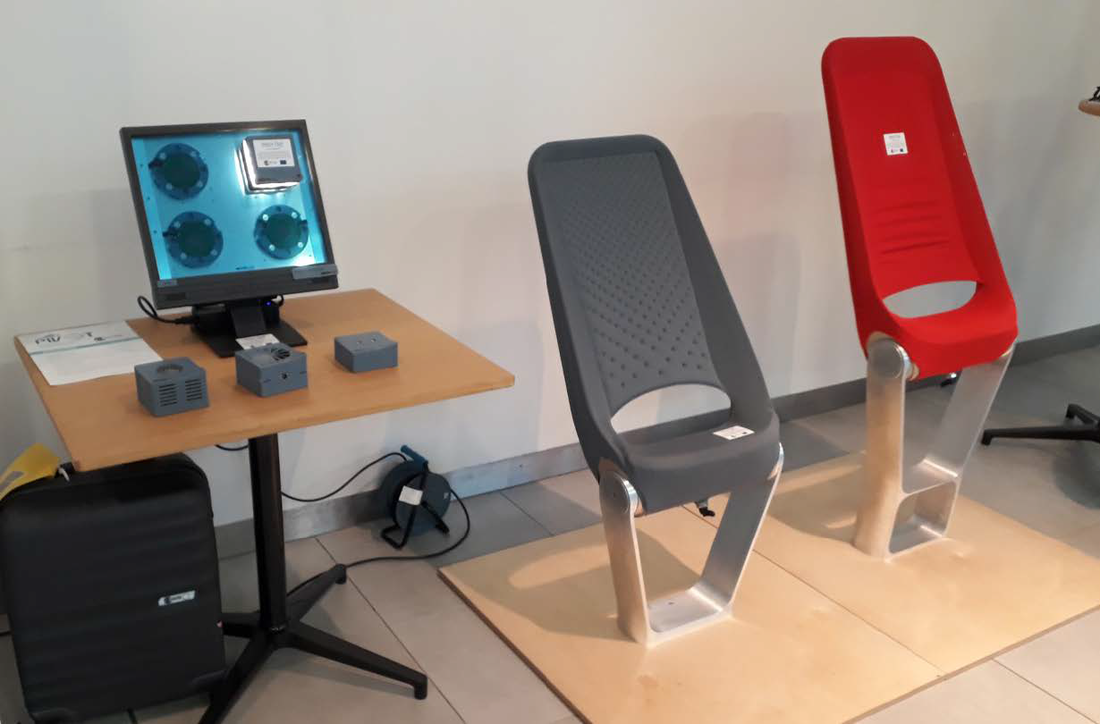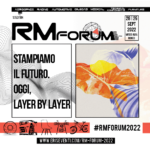The MAT4RAIL project developed new formulations of hybrid resins that will make it possible to replace metal railways parts with lighter composite materials. Smart interior parts were also designed to increase capacity and provide greater passenger comfort. The aims of the project included reducing the weight of railway vehicles by replacing metal structural components with lighter ones made of composite materials and increasing vehicle capacity and passenger comfort through the use of smart modular interior design. The project began in 2017 and was coordinated by CIDETEC.
Replace metal components for lightweight railways
AIMPLAS, the Plastics Technology Centre, participated in the project developing new hybrid resin formulations with improved resistance to flame propagation to be applied in fibre-reinforced polymers. The new formulations are expected to be of use in other sectors such as construction, the automotive industry and aeronautics.
Furthermore, the properties of these new materials were evaluated in structural parts in order to replace metal components. To this end, collaborative work was done to improve specific regulations on calculating fatigue requirements for trams. The work involved participating in processes to standardize the design and calculation of trams by means of sensor monitoring. Joins between dissimilar materials (composites and metals) were evaluated with the aim of improving them.
A new smart design for cabins and seats
The project also involved modifying the design of cabins and seats to create the cabin of the future by incorporating new technologies and communication systems. The goal was to increase safety, detect the presence of extraneous objects on the tracks and improve vehicle intercommunication. Modular carriages were also developed to enable a range of configurations thanks to multifunctional panels with different connections for devices. Moreover, the new seating design will accommodate more passengers with greater comfort while offering more seating arrangement options.
Implementation of this project is expected to improve railway infrastructure in terms of costs, operations, reliability, punctuality, increased capacity and energy efficiency, and reduced life cycle costs.
The MAT4RAIL project was funded by the Shift2Rail Joint Undertaking (S2R JU), a public-private partnership in the rail sector established under the European Union Research and Innovation programme Horizon 2020, grant agreement number 777595.
Source: AIMPLAS
For more information: Mat4Rail













